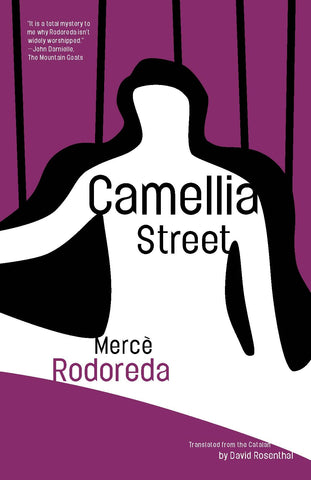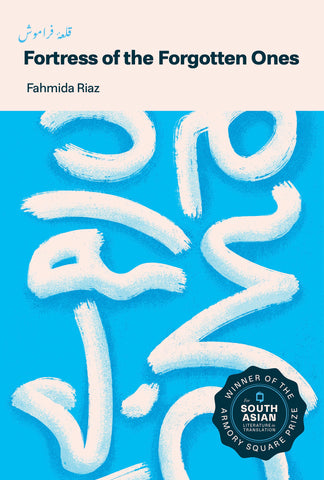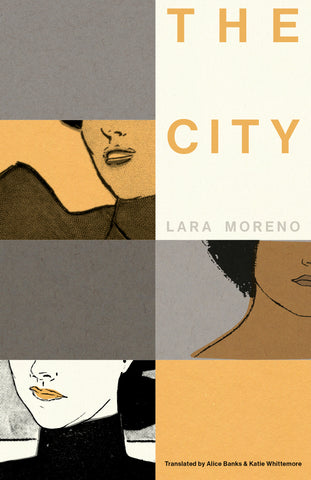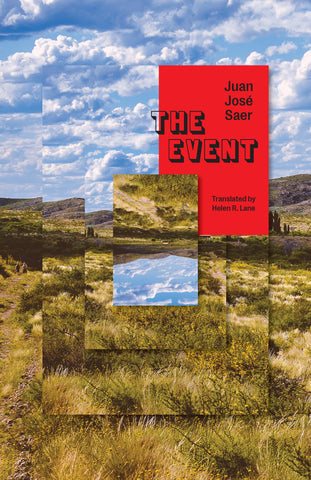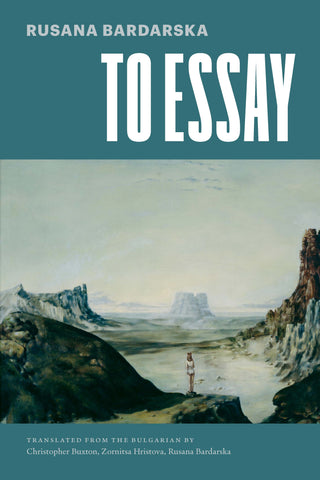Camellia Street
$14.95
November 20, 2018
novel | pb | 186 pgs.
5.5" x 8.5"
978-1-940953-86-1
“Rodoreda had bedazzled me by the sensuality with which she reveals things within the atmosphere of her novels.”
—Gabriel García Marquez
•
From the Introduction by Sandra Cisneros:
Camellia Street, published in 1966, is the starkest of all Rodoreda’s works. It chronicles the life and, obliquely, the times of Cecília C., a street-corner prostitute and later a kept woman in numb, exhausted postwar Barcelona. Cecília, a foundling whose name is written on a scrap of paper pinned to her bib, never takes to her adoptive parents. She flees their stifling attentions and obsessive chatter about her origins as soon as she can—first in search of her father, who has appeared to her in a vision, and then more definitively with her first lover, Eusebi. From this point on her life is, in her own words, “spent searching for lost things and burying dead loves.” Incapable of either emotional attachment or shared sensual pleasure, Cecília lives frozen in her own narcissism and anomie. [. . .] Though not as much of a victim as Jean Rhys’s heroines, Cecília resembles them in her helpless, bitter drift through a world of lovers who either quickly bore her or whom she never liked in the first place.
Translated from the Catalan by David Rosenthal
Introduction by Sandra Cisneros
•
About the Author:
Mercè Rodoreda is widely regarded as the most important Catalan writer of the twentieth century. Exiled to France during the Spanish Civil War, and only able to return to Catalonia in the mid-1960s, she wrote a number of highly praised works, including The Time of the Doves and Death in Spring.
About the Translators:
David Rosenthal wrote mostly about jazz music and was one of the most
influential translators of Catalan in the twentieth century.
•
“It is a total mystery to me why [Rodoreda] isn’t widely worshipped. . . . Tremendous, tremendous writer.”
—John Darnielle, The Mountain Goats
”When you read this book, read it for its beauty, for the way it will surprise and subvert your desires, and as a testament to the human spirit in the face of brutality and willful inhumanity.”
—Jesmyn Ward, NPR

